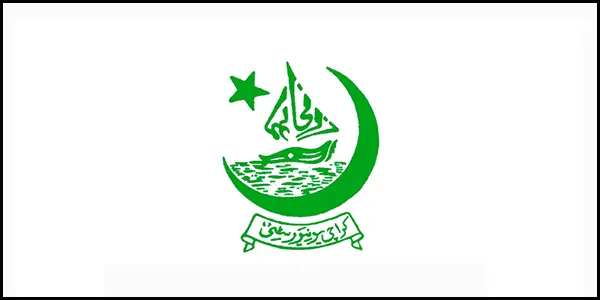The Vice Chancellor of the University of Karachi, Professor Dr Khalid Mahmood Iraqi, said that we need to get out of fiction and myths and adopt the reality of science and technology so that we can also compete with the rest of the world. He mentioned that one of the major reasons we are still backwards is that we did not adopt changes around the world on time, and similarly, Muslims were too late to take advantage of science and research in the modern days.
He informed the audience that when the printing press was introduced, the West had started printing books, and distribution of those books was easily increased, but Muslims took 300 years to realize how important it would be for them as well. The KU VC Professor, Dr Khalid Iraqi, was addressing the PMs National Laptop Scheme distribution ceremony. The KU Registrar, Professor Dr Imran Ahmad Siddiqui, deans of various faculties, chairpersons of departments, students, and others attended the event. He shared that the value of digital knowledge has increased a lot in this era, and that is why these laptops are being distributed among the students so that they can remain updated about the technology and changing trends of the world and prepare themselves according to them. Addressing the students, KU VC Professor Dr Khalid Iraqi said that if you decide to achieve your goals, nothing can stop you from achieving your dreams, and you should thank your parents who made it possible for you to access higher education. He hoped students would make the most use of the laptops to improve their academic and professional skills.
Earlier, the audience was informed that around 2800 students had been selected for the laptops after a long procedure, and in the first phase, approximately 200 students have received the laptops, while others will get their laptops in the coming days. Meanwhile, KU Focal Person of the Prime Minister Laptop Scheme, Dr Syed Asim Ali, the Dean of the Faculty of Pharmacy, Professor Dr Faiyaz H. M. Vaid, the President of Karachi University Teachers Society, Professor Dr Shah Ali Ul Qadar, and others also spoke on this occasion.










